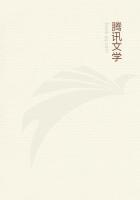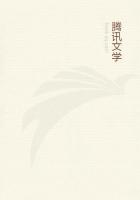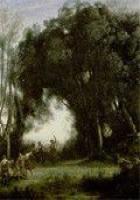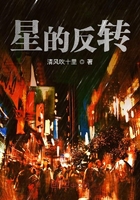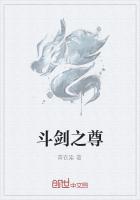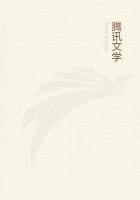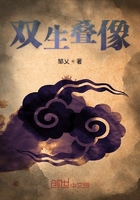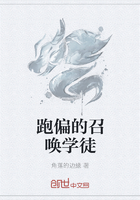The Commons refused to surrender their members. The Peers showed no inclination to usurp the unconstitutional jurisdiction which the King attempted to force on them. A contest began, in which violence and weakness were on the one side, law and resolution on the other. Charles sent an officer to seal up the lodgings and trunks of the accused members. The Commons sent their sergeant to break the seals. The tyrant resolved to follow up one outrage by another. In ****** the charge, he had struck at the institution of juries. In executing the arrest, he struck at the privileges of Parliament. He resolved to go to the House in person with an armed force, and there to seize the leaders of the Opposition, while engaged in the discharge of their parliamentary duties.
What was his purpose? Is it possible to believe that he had no definite purpose, that he took the most important step of his whole reign without having for one moment considered what might be its effects? Is it possible to believe that he went merely for the purpose of ****** himself a laughing-stock, that he intended, if he had found the accused members, and if they had refused, as it was their right and duty to refuse, the submission which he illegally demanded, to leave the House without bringing them away? If we reject both these suppositions, we must believe, and we certainly do believe, that he went fully determined to carry his unlawful design into effect by violence, and, if necessary, to shed the blood of the chiefs of the Opposition on the very floor of the Parliament House.
Lady Carlisle conveyed intelligence of the design to Pym. The five members had time to withdraw before the arrival of Charles.
They left the House as he was entering New Palace Yard. He was accompanied by about two hundred halberdiers of his guard, and by many gentlemen of the Court armed with swords. He walked up Westminster Hall. At the southern end of the Hall his attendants divided to the right and left and formed a lane to the door of the House of Commons. He knocked, entered, darted a look towards the place which Pym usually occupied, and, seeing it empty, walked up to the table. The Speaker fell on his knee. The members rose and uncovered their heads in profound silence, and the King took his seat in the chair. He looked round the House. But the five members were nowhere to be seen. He interrogated the Speaker. The Speaker answered, that he was merely the organ of the House, and had neither eyes to see, nor tongue to speak, but according to their direction. The King muttered a few feeble sentences about his respect for the laws of the realm, and the privileges of Parliament, and retired. As he passed along the benches, several resolute voices called out audibly "Privilege!"
He returned to Whitehall with his company of bravoes, who, while he was in the House, had been impatiently waiting in the lobby for the word, cocking their pistols, and crying, "Fall on." That night he put forth a proclamation, directing that the ports should be stopped, and that no person should, at his peril, venture to harbour the accused members.
Hampden and his friends had taken refuge in Coleman Street. The city of London was indeed the fastness of public liberty, and was, in those times, a place of at least as much importance as Paris during the French Revolution. The city, properly so called, now consists in a great measure of immense warehouses and counting-houses, which are frequented by traders and their clerks during the day, and left in almost total solitude during the night. It was then closely inhabited by three hundred thousand persons, to whom it was not merely a place of business, but a place of constant residence. The great capital had as complete a civil and military organization as if it had been an independent republic. Each citizen had his company; and the companies, which now seem to exist only for the sake of epicures and of antiquaries, were then formidable brotherhoods, the members of which were almost as closely bound together as the members of a Highland clan. How strong these artificial ties were, the numerous and valuable legacies anciently bequeathed by citizens to their corporations abundantly prove. The municipal offices were filled by the most opulent and respectable merchants of the kingdom. The pomp of the magistracy of the capital was inferior only to that which surrounded the person of the sovereign. The Londoners loved their city with that patriotic love which is found only in small communities, like those of ancient Greece, or like those which arose in Italy during the middle ages. The numbers, the intelligence, the wealth of the citizens, the democratical form of their local government, and their vicinity to the Court and to the Parliament, made them one of the most formidable bodies in the kingdom. Even as soldiers they were not to be despised. In an age in which war is a profession, there is something ludicrous in the idea of battalions composed of apprentices and shopkeepers, and officered by aldermen. But in the early part of the seventeenth century, there was no standing army in the island; and the militia of the metropolis was not inferior in training to the militia of other places. A city which could furnish many thousands of armed men, abounding in natural courage, and not absolutely untinctured with military discipline, was a formidable auxiliary in times of internal dissension. On several occasions during the civil war, the trainbands of London distinguished themselves highly; and at the battle of Newbury, in particular, they repelled the fiery onset of Rupert, and saved the army of the Parliament from destruction.
The people of this great city had long been thoroughly devoted to the national cause. Many of them had signed a protestation in which they declared their resolution to defend the privileges of Parliament. Their enthusiasm had, indeed, of late begun to cool.

